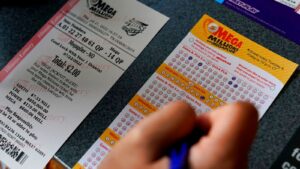- Myth: Dead People are Voting. Massive Fraud is happening!
- Fact: The vast majority of these are clerical errors, or instances of citizens who have died since voting.
Voter fraud has become another point of contention in the US, largely divided among political lines. The Republican Party in general, is in favor of stricter voter ID laws, and often makes claim to rampant voter ID fraud. Stories abound regarding alleged voter fraud, and these include the anomalous “dead person votes.” While appalling at first, it turns that these generally tend to actually have benign explanations. As the Brennan Center for Justice found in The Truth About Voter Fraud, these “cases of voter fraud” are generally nothing more than:
- Citizens who have died since voting
- Flawed matching of lists
- Flawed interpretations of lists
- Other clerical errors







